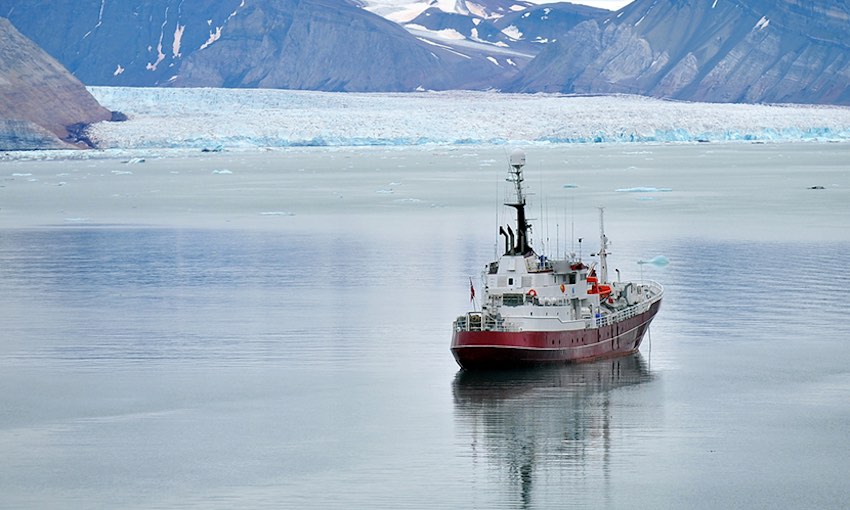NEW requirements around navigation and voyage planning for ships in polar waters are due to enter into force on 1 January 2026.
The International Maritime Organization this week announced the anticipated date for the new regulations, which concern safety of navigation for non-SOLAS vessels.
It follows the adoption of a first set of amendments to the International Code for Ships Operating in Polar Waters (Polar Code) along with amendments to the International Convention for the Safety of Life at Sea (SOLAS Convention) at the 107th session of the IMO Maritime Safety Committee (MSC).
“The changes will apply to fishing vessels of 24 metres in length overall and above, pleasure yachts of 300 GT and above not engaged in trade, and cargo ships of 300 GT and above but below 500 GT, operating in polar waters,” the IMO said.
“The Polar Code covers the design, construction, equipment, operational, training, search and rescue and environmental protection matters relevant to ships operating in waters surrounding the north and south poles.”
Also at the meeting, the committee made progress on the development of a goal-based instrument regulating the operation of maritime autonomous surface ships, which is expected to be adopted by 2025. A MASS working group was set up at the meeting.
“The working group was instructed to continue the development of the MASS Code, taking into account the latest draft prepared by the newly re-established Correspondence Group,” IMO said.
The Working Group is due to meet in October 2023.
MSC 107 also discussed the safe delivery of IMO’s strategy on reduction of greenhouse gas emissions through coordination with the Marine Environment Protection Committee, which is due to adopt a revised GHG strategy at its 80th session next month.
It also discussed the approval of draft amendments to SOLAS chapter V regarding the reporting of the loss of containers overboard which present a serious safety and navigation hazard, and of revisions and updates to the International Convention on Standards of Training, Certification and Watchkeeping for Fishing Vessel Personnel 1995.
And, it addressed approval of, for subsequent adoption, draft amendments to the Standards of Training, Certification and Watchkeeping for Seafarers Code to prevent and respond to bullying and harassment in the maritime sector, including sexual assault and sexual harassment.
And finally, it addressed approval of a draft Assembly resolution on recommendations emanating from the joint action group to review Covid-19’s impact on transport workers and the global supply chain.
“The draft resolution endorses and recommends actions to address the impact of measures taken during Public Health Emergencies of International Concern affecting transport sectors and their workers and encourages improved co-ordination at the national level within affected countries.”

